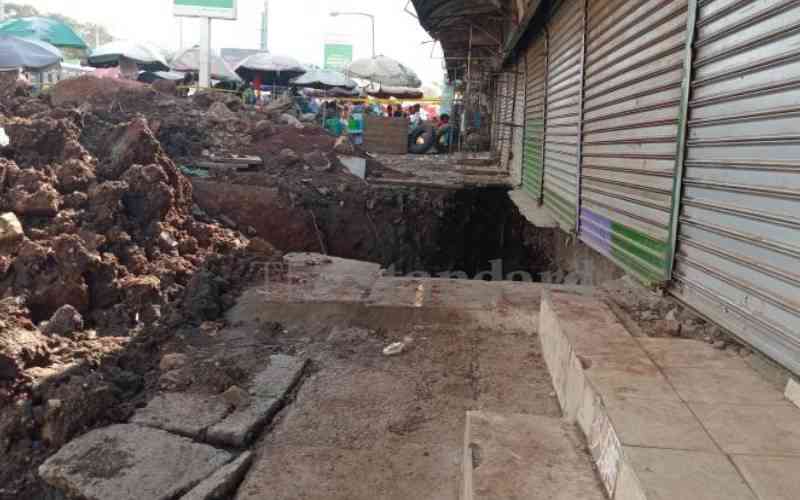×
The Standard e-Paper
Stay Informed, Even Offline

The recent death of a police officer on a rescue mission exposed the city's poor drainage network which has remained in a state of disrepair for many years.
On March 24, Constable David Chesire unknowingly slipped into an uncovered manhole and is said to have been swept away by floods.